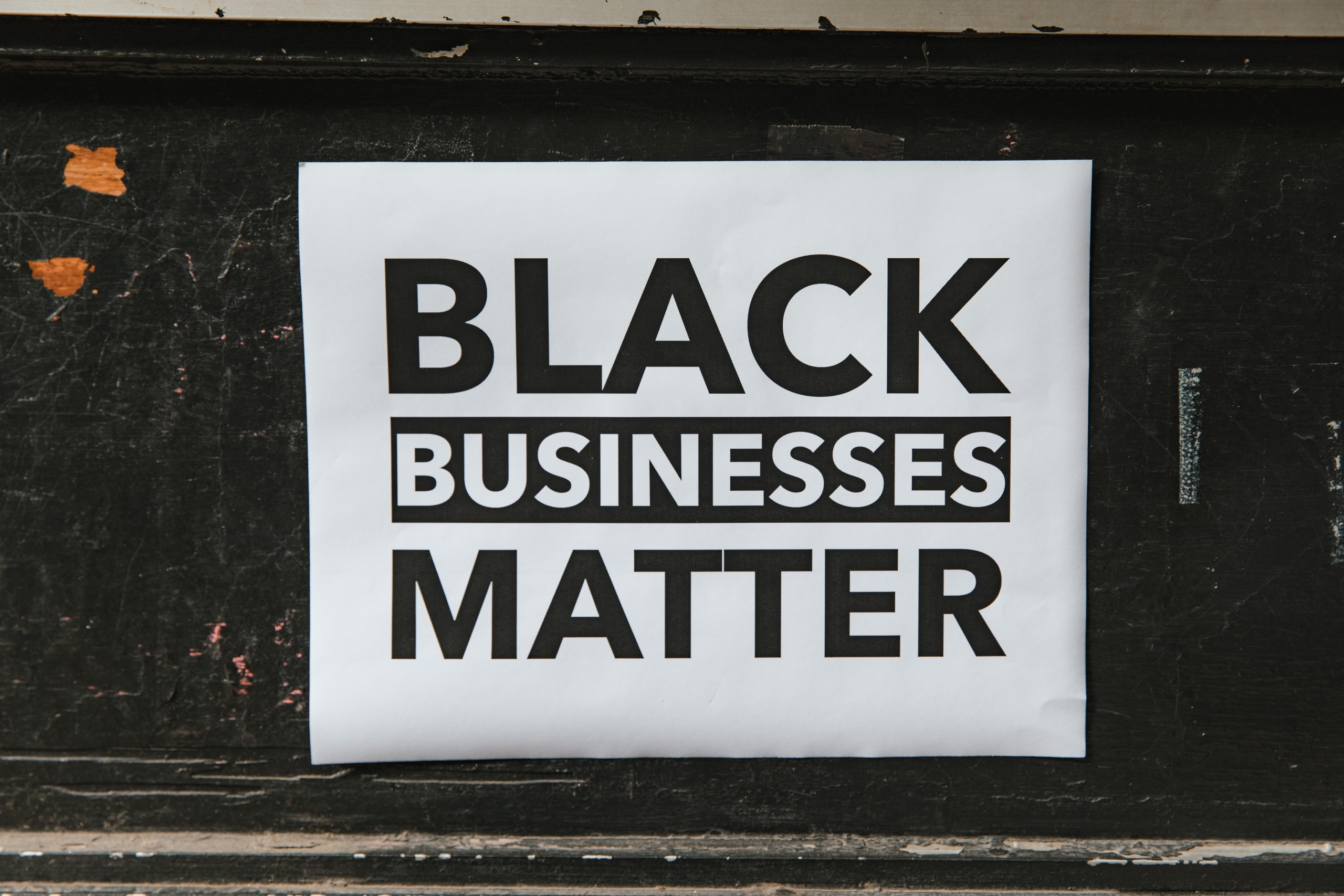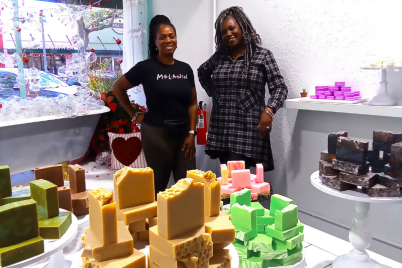Because healthy Black-owned businesses could be a critical step towards closing the Black-white wealth gap in this country, the Black community and the nation stand to benefit from more minority entrepreneurs running viable businesses.
BY YOLANDA GOODLOE COWART, Contributor
Do you ever look at the African-American experience and feel pride in all that we’ve managed to accomplish? For example, Blacks are faced with constant change and challenges in the business arena. While managing and operating any business is tough, people of color face many unique obstacles.
Black business owners are often marginalized and hindered from accessing financing. In today’s economy, an astounding 17 percent of Black women are starting or running a new business. Given that 61 percent of them are forced to self-fund their total start-up capital, this is a significant accomplishment for the Black business community.
When you look at the systemic barriers Black business owners face to start and scale their businesses, the challenges of financial instability, and pressures to succeed, you will understand the courage and commitment that is required to become a business owner, and why they should be celebrated during Black History Month.

Some may even argue that it is frankly shocking that minorities strive to become business owners at all. But not only are they overcoming all these various challenges, but they are also doing so with little to no outside support.
Celebrating the Black business community
The Harvard Business Review released a report in 2021 revealing that the percentage of Black women who are in the process of starting or running a new business is higher than that of white women (10 percent) and white men (15 percent). Note that this occurred during a pandemic when 41 percent of Black-owned U.S. businesses closed.
According to an article by McKinsey and Company entitled “Building supportive ecosystems for Black-owned US businesses,” 20 percent of Black Americans start businesses. Because healthy Black-owned businesses could be a critical step towards closing the Black-white wealth gap in this country, the Black community and the nation stand to benefit from more minority entrepreneurs running viable businesses.
Truth be told, the first beneficiary of Black-owned businesses and entrepreneurs is the community. A prime example of that is Bronzeville, a district in Chicago that used to be a thriving neighborhood known as the “Black Metropolis.” It had a flourishing economy between the 1910s and 1950s and was Chicago’s epicenter of Black working, middle, and upper-class culture and establishments.
Nearly all the businesses in the neighborhood were Black-owned and operated in a relatively self-contained economy. Residents shopped in Black-owned stores, worked at Black-owned companies, purchased food at Black-owned grocery stores, and put their savings in Black-owned banks.
Later, to help the local economy, the government brought larger, newer chain stores, supermarkets, and banks into the neighborhood. As the newer companies were invading Bronzeville, they did not recruit Black workers for management roles or other key positions of responsibility.
While providing lower consumer prices, these chains eventually pushed out the Black-owned businesses because they could not compete. The former business owners were forced to leave Bronzeville for other cities searching for work, and the community gradually lost its Black middle-class community.
Black-owned businesses invest in the communities where they are located, not only by providing needed services or by boosting the local economy but also through job creation for the residents.
Challenges facing the Black business community
While a large percentage of Black people are starting businesses, only four percent of Black-American businesses make it past the start-up stage into mature companies. A significant reason for this is that Black businesses struggle to access financing. This has become so prevalent that Black and other marginalized business owners are almost 50 percent as likely as their white counterparts to receive full financing even with strong personal credit.
For the four percent of these businesses that make it to maturity, Black-owned businesses disproportionately struggle with debt and raising capital. Nearly 30 percent of these companies spent more than half of their revenue to service their debt in 2019. Another challenge for Black business owners is their reluctance to use professional services due to the expense, inaccessibility, and mistrust. Only 58 percent sought professional services; in contrast, 70 percent of white business owners utilized them.
According to McKinsey and Company, Black business owners face the following barriers, which are linked to racial biases and discrimination in the United States:
- Economic barriers relate to disempowerment and the cost related to the low starting levels of capital
- Market barriers are associated with unaddressed needs, often associated with access to capital, expertise, and services
- Sociocultural barriers encompass the biased and exclusionary ways in which Black entrepreneurs are more likely to be blocked from gaining social capital, such as beneficial relationships that make up business networks
- Institutional barriers are the systems in which Black-owned businesses operate and include factors as basic as their locations
Black business owners face a myriad of challenges, some self-inflicted, such as the lack of strategic relationships (business coaching, mentors, or networks) and some that result from systemic discrimination and racial biases.
The future of the Black business community
The Black-white wealth gap in the United States will cost the economy between $1 trillion to $1.5 trillion per year by 2028. Healthy Black-owned businesses are key to closing this gap. Suppose minority businesses can reach just the average revenue of white-owned businesses (this does not include publicly held companies), that would equal an additional $200 billion in recurring direct revenues. This would mean a $190 billion increase in the gross domestic product (GDP).
The need for Black-owned businesses is not simply a racial issue. It’s not just about the positive impact it will have on Black communities. It’s not just about the impact it will have on job creation within said communities. It’s not just about increasing the number of minorities in the middle to upper-income tax brackets. However, we stand to gain from all those benefits and more.
An increase of healthy black-owned businesses benefits the entire nation. Economic growth, a benefit of increasing the GDP, benefits everyone regardless of color, as it leads to higher incomes, reduced poverty, better education, and increased life expectancy.
Black business owners need financial support and resource support to start and sustain their businesses. Entrepreneurship impacts their mental health as they navigate systemic barriers as they scale their businesses to meet the challenges of financial instability and the pressures to succeed.
Yolanda Goodloe Cowart is a PTAC specialist at the Florida PTAC at Pinellas County Economic Development. Learn more at sbdctampabay.com/ptac.








